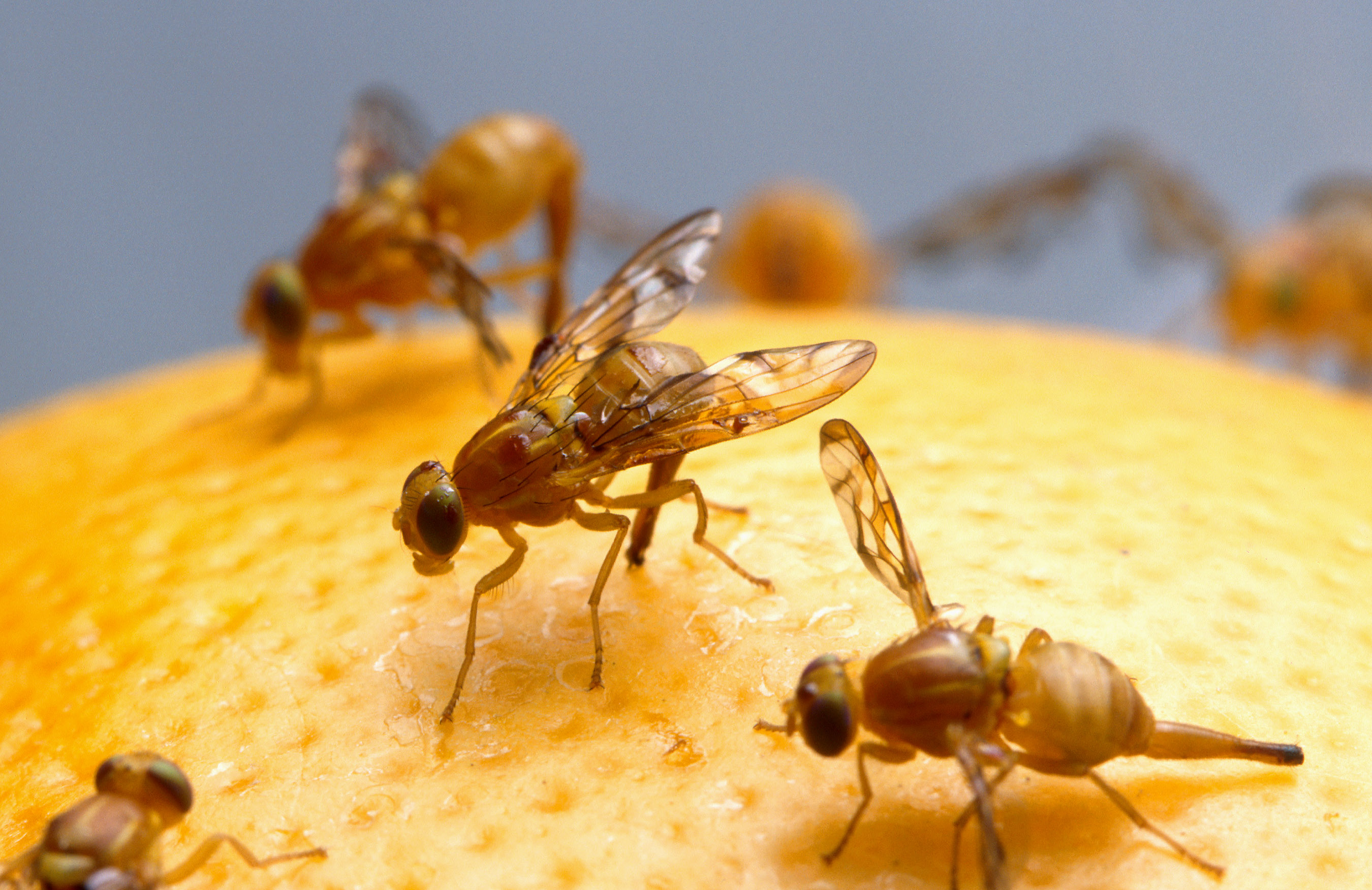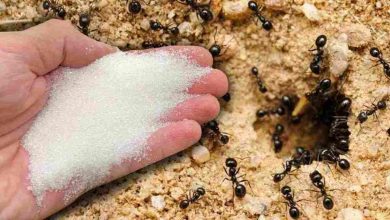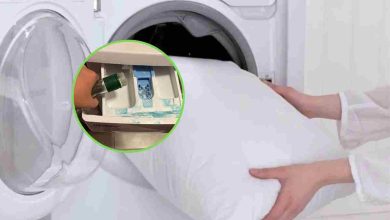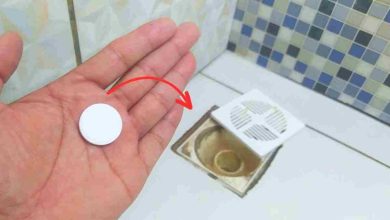5 Safe and Effective Methods to Get Rid of Fruit Flies in Your Home

Have you ever experienced the annoyance of fruit flies buzzing around your home? These tiny insects can quickly become a nuisance, especially in the kitchen or any area where fruits and vegetables are present. Luckily, there are several safe and effective methods to get rid of fruit flies and prevent their return. In this article, we will explore five methods that can help you eliminate fruit flies from your home.
Understanding Fruit Flies
Fruit flies, scientifically known as Drosophila melanogaster, are small insects measuring about 3 to 4 millimeters in length. They are attracted to ripe or decaying fruits and vegetables, as well as fermented substances. These insects have a short lifespan but reproduce rapidly, making it essential to address infestations promptly.
Why Fruit Flies Infest Homes
Fruit flies are drawn to homes because they provide ideal breeding grounds and sources of food. They can enter through open windows, doors, or by hitchhiking on fruits and vegetables brought into the house. Once inside, fruit flies lay eggs on moist surfaces, such as overripe fruits, moist mops, or damp kitchen sinks. Understanding their attraction to these environments is crucial in devising effective strategies for their elimination.
Prevention and Maintenance
Cleanliness and Hygiene
Maintaining a clean and hygienic environment is key to deterring fruit flies. Regularly clean countertops, sinks, and other surfaces where food particles can accumulate. Wipe up spills promptly, and ensure dishes are washed or placed in a dishwasher after use.
Proper Food Storage
Store fruits and vegetables in the refrigerator or sealed containers to prevent fruit flies from accessing them. Pay attention to ripened or overripe produce and promptly discard them to minimize potential breeding sites.
Regular Garbage Disposal
Dispose of garbage regularly and ensure trash cans have tightly sealed lids. Fruit flies are attracted to rotting organic matter, so keeping your garbage area clean and odor-free is crucial.
Maintaining Dry Surfaces
Fruit flies thrive in moist environments. Keep sinks, drains, and other moisture-prone areas dry. Fix any leaks or plumbing issues that may contribute to excess moisture.
Natural Remedies
Apple Cider Vinegar Trap
Create a simple yet effective fruit fly trap using apple cider vinegar. Pour a small amount of apple cider vinegar into a container and cover it with plastic wrap. Poke several small holes in the plastic wrap and leave the trap in an area where fruit flies are frequently seen. They will be attracted to the vinegar’s scent, enter the trap through the holes, and be unable to escape.
Red Wine Trap
Similar to the apple cider vinegar trap, fruit flies are also attracted to the scent of red wine. Place a small amount of red wine in a container and cover it with plastic wrap, securing it with a rubber band. Poke small holes in the plastic wrap and position the trap near areas where fruit flies gather.
Fruit Fly Repellent Plants
Certain plants, such as basil, lavender, and mint, have natural repellent properties that can help deter fruit flies. Place these plants strategically in your kitchen or areas prone to fruit fly infestations. Not only do they serve as natural repellents, but they also add a touch of greenery to your living space.
Chemical Solutions
Fruit Fly Sprays
Commercial fruit fly sprays can be an effective solution for eliminating these pests. Look for sprays that are specifically formulated to target fruit flies and follow the instructions carefully. Remember to keep children and pets away from the treated areas.
Fruit Fly Traps
Apart from the DIY traps mentioned earlier, there are various commercially available fruit fly traps. These traps use attractants to lure fruit flies and prevent them from escaping. Follow the manufacturer’s instructions to ensure optimal effectiveness.
Calling in Professionals
If your fruit fly infestation persists despite trying various methods, it might be time to seek professional assistance. Pest control professionals have the expertise and tools to eliminate fruit flies effectively. They can assess the extent of the infestation and implement targeted treatments to resolve the issue.
Dealing with fruit flies can be frustrating, but by employing the right methods, you can eliminate them from your home. Start by implementing preventative measures, such as cleanliness, proper food storage, and regular garbage disposal. If you’re dealing with an existing infestation, try natural remedies like apple cider vinegar traps, red wine traps, or using fruit fly repellent plants. For more stubborn cases, consider chemical solutions or consult a pest control professional. By taking proactive steps and remaining persistent, you can say goodbye to fruit flies and enjoy a pest-free home.
FAQs
How long does it take to get rid of fruit flies?
- The time it takes to eliminate fruit flies can vary depending on the severity of the infestation and the methods used. With consistent efforts and the right strategies, it is possible to significantly reduce fruit fly populations within a week or two.
Can fruit flies cause health issues?
- Fruit flies are considered a nuisance pest and do not pose significant health risks to humans. However, they can contaminate food and surfaces with bacteria, potentially leading to foodborne illnesses. It’s important to address fruit fly infestations promptly to maintain a hygienic environment.
Can fruit flies infest areas other than kitchens?
- While fruit flies are commonly found in kitchens due to the presence of fruits and vegetables, they can infest other areas of the home as well. Fruit flies are attracted to any moist, decaying organic matter, so it’s crucial to address potential breeding sites throughout the house.
Are fruit flies more common in certain seasons?
- Fruit flies are more prevalent during warmer months, as higher temperatures accelerate their reproductive cycle. However, fruit flies can still be found indoors year-round, especially if they have a reliable food source.
How do fruit flies enter the home?
- Fruit flies can enter the home through open windows, doors, or cracks. They can also hitchhike on fruits and vegetables brought into the house. It’s important to inspect produce and ensure it’s free of fruit fly eggs or larvae before bringing it indoors.




